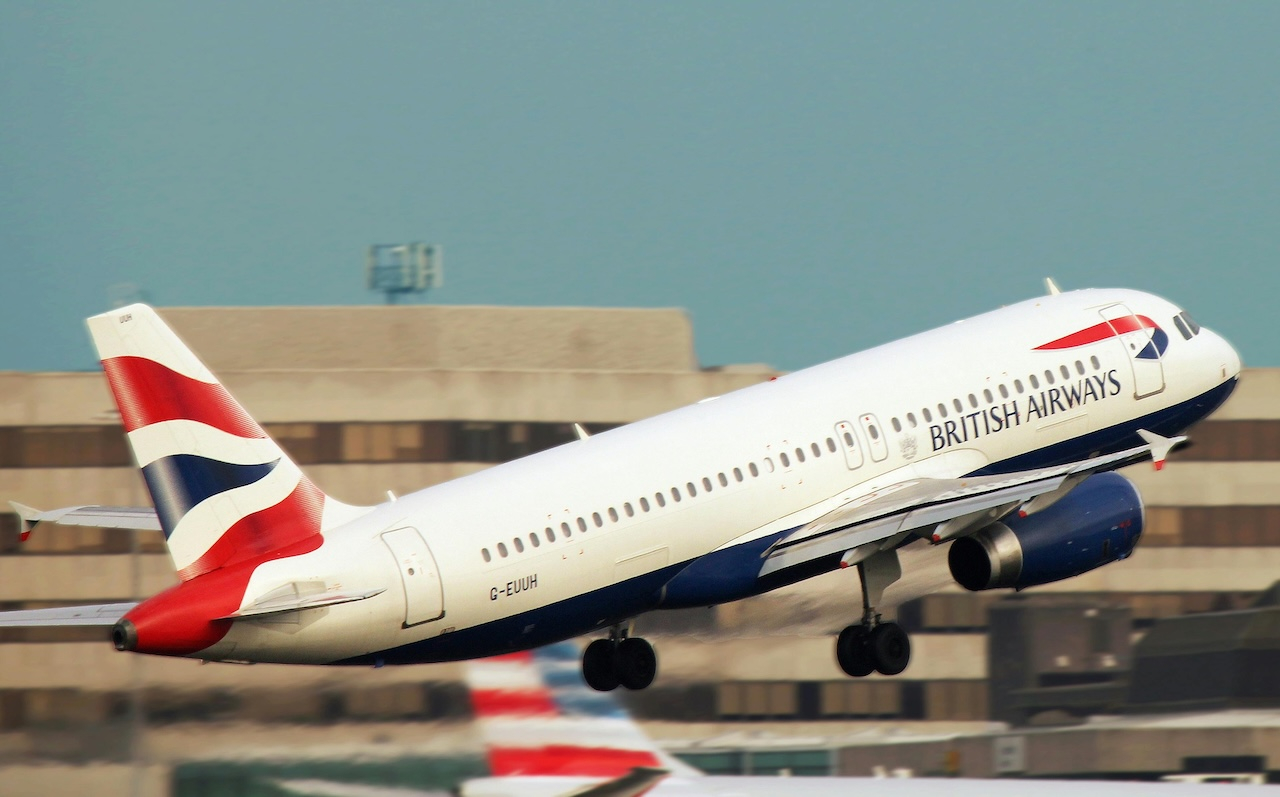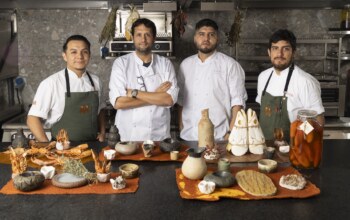How keeping hold of British identity when abroad can make for a better travel experience

Travelling overseas often highlights the smallest differences – details that seem minor yet leave a strong impression. It could be something as simple as variations on familiar menus in global fast food chains or the way local public transport systems operate.
Games and leisure activities also vary internationally, with small shifts in rules or formats creating subtle contrasts with what is familiar at home, like in non UK casinos. These nuances serve as reminders that cultural detail shapes experience. At the same time, maintaining aspects of British identity while engaging with another culture can add an extra layer of value to any journey. Here are some of the ways that blending British travel traditions with global experiences can make a difference.
Travelling is not about being overtaken by another culture, nor about imposing one culture on another. Rather, it is about carrying elements of one’s own background and weaving them into the experiences of elsewhere. For example, exploring a historic European cathedral can be enriched by knowledge of British religious architecture and history, allowing the setting to be appreciated in a deeper way. This approach fosters respect for other cultures while also creating a balance between the unfamiliar and the familiar, combining new discoveries with established understanding.
There’s also the matter of taking the global and making it personal. Moving on from our European cathedral, someone who appreciates religious architecture might be able to glean more of an understanding about the symbolism and purpose of a Buddhist temple in Asia or the Pacific region. So, when you travel, you won’t be losing yourself, but instead, you’ll be taking things from around the world and adding them to your own personal knowledge.
Being able to take something of your own British identity with you when you travel abroad can make the trip go smoothly. The thing about travel is that it isn’t, no matter what some people might tell you, about constantly challenging yourself, pushing your boundaries, and leaving your comfort zone. It is completely possible to have an enjoyable and enriching time without having to constantly exhaust yourself. You could take part in any number of things from home with you. Whether it’s making yourself a full English breakfast to start the day, or keeping an eye on British news and sport, you can ground yourself with familiar cultural touchpoints while you expand your horizons.
As well as keeping a hold of familiar routines, you could also see what the equivalents are, if you want to try something a little different. While a German bierkeller might not be a British pub, you will be able to refer it back to what you know. This can help reduce any sense of being overwhelmed by something new and make it more reassuring and enjoyable. It can also build up your confidence so you can, if you want to, try something a little more different from what you could find at home.
British travellers abroad form part of a long-standing tradition. In the 18th century, it was de rigueur for young British aristocrats to spend a year or more on what became known as the Grand Tour. A typical itinerary included Paris and Switzerland before continuing to Italy, with visits to Venice, Turin, Florence, Rome and sometimes Naples. These journeys offered the chance to admire extraordinary artworks and architecture while broadening cultural horizons. Many travellers kept diaries to document their experiences and to share them on their return. Yet throughout, these young men – almost always men – remained distinctly British.
Maintaining a sense of British identity while exploring faraway places therefore follows in established footsteps. Figures such as Lord Byron demonstrated that embracing other cultures and perspectives could be achieved without losing touch with one’s own.
It may seem counterintuitive, but retaining a sense of British identity can actually make tourism more sustainable and respectful. Hallmarks of Britishness – such as politeness, queuing and following etiquette – often leave a positive impression abroad.
Britain’s affinity for shopping also contributes to straightforward transactions, with particular appreciation shown for independent stores. Likewise, patience and sang-froid prove valuable when faced with delays or when taking time to absorb new surroundings.
There are many occasions when it is tempting to become entirely immersed in travel. Yet by maintaining elements of British identity while overseas, it becomes possible to see experiences from a fresh angle and gain more from a journey than might otherwise be the case.
The editorial unit

























Facebook
Twitter
Instagram
YouTube
RSS